Today there is a new worldwide seeking for a universal form of spirituality above and beyond the limitations of organized religion. To meet the challenge of the global culture dawning today we must create a universal spiritual tradition that can encompass all the diversity, of human culture both religious and secular. Yet the idea of a universal tradition is not new. It is the very foundation of one of the world’s great religions, the most diverse and oldest, the religion known as Hinduism, whose original name is Sanatana Dharma or "the eternal tradition of Truth". To renew such a universal tradition it is important that we look to its already existent formulations which, though distorted by time, still contain a solid foundation and enduring structure on which to build. It is not surprising therefore that the idea of the unity of all Truth has most been promoted in modern times primarily by Hindus like Ramakrishna, Vivekananda, and Gandhi, as this view is part of the Hindu heritage. Having personally experienced the universal basis of Hinduism and having tried to present various facets of it in books on various aspects of Vedic knowledge, David Frawley felt it necessary to write a book expressing this discovery. His search for a universal tradition and comprehensive spiritual science led him to various Hindu-based teachings, which culminated in an encounter with the universal view, Sanatana Dharma, behind these teachings. As few people today, including the great majority of Hindus, understand the background of this complex religion and culture, he has tried to present the universal view behind it, that others might share in his discovery. He is writing about Hinduism as an individual born in the West who has not only immersed himself in the Hindu tradition, but has discovered that tradition within himself, not as a novel identity but as part of a discovery of the true Self that transcends birth and death. He is not writing about Hinduism merely as a particular religion but about the universal culture behind it which is relevant to everyone. He is not writing about something that concerns only people of a specific faith only but about the spiritual issues we all must come to examine if we want to know the Truth. Fortunately he has been able to visit with people in India from all backgrounds, including swamis, yogis, traditional Brahmin priests, Hindu social – activists and political leaders, Ayurvedic doctors, Vedic astrologers, Hindu musicians, and modern Westernized Hindus of all types, including writers and journalists. He has also made it a point to study the Hindu tradition from its Vedic and Puranic roots including Vedanta, Sankhya, Yoga, Buddhism, and Tantra, examining the original Sanskrit texts when he has been able. In this process he discovered that a tremendous gap exists between what the Hindu tradition is and how it is understood in the modern world. Hopefully the work done in explaining the tradition in a more appropriate light can be useful for others. He hopes that it will encourage similar studies. The present volume is a series of reflections, as well as questions and answers, on Sanatana Dharma, the universal tradition behind Hinduism and the yogic spirituality that derives from it. It is not about Hinduism as a religious belief as opposed to others (which exists more in the minds of non-Hindus than in the minds of those we would consider themselves to be Hindus). Yet it does recognize the value and importance of the Hindu tradition and its special corpus of knowledge. It is meant to present Hinduism in its true light, which is a spiritual art and science designed to connect us to our original nature as Pure Consciousness. This universalism of Hinduism is not a universalism of merely accepting all things as they appear but one that has given the appropriate place for each aspect of life and every type of spiritual practice. In this regard he sees Hinduism as the religion of both the past and the future, as it shows the appropriate place for every spiritual practice within the greater science of Self-realization. He also sees that the encounter of the West with Hinduism will eventually transform Western religious and spiritual systems into a form of Sanatana Dharma, or the universal view of Hinduism, that will become the world religion of the future, not by converting people but by incorporating all religions, arts and sciences into a higher view.
The Monk who Became Chief Minister: The Definitive Biography of Yogi Adityanath
First definitive biography ...
$27.00
$30.00

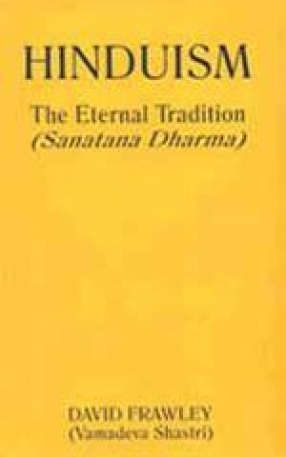
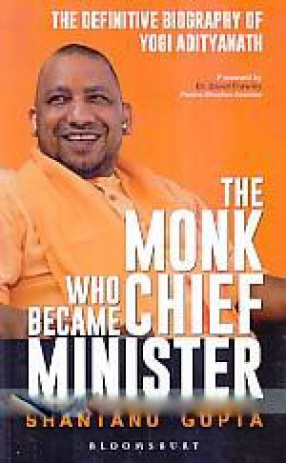
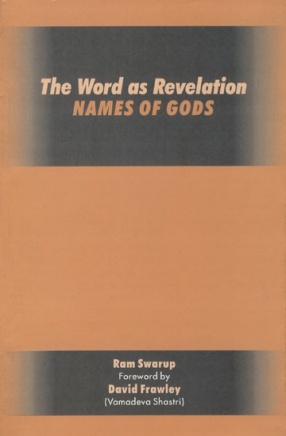
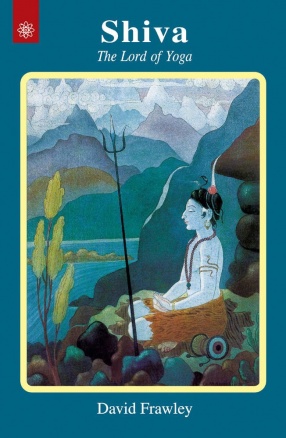
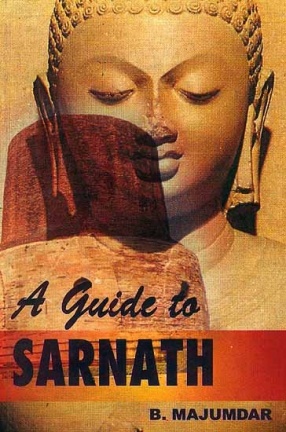
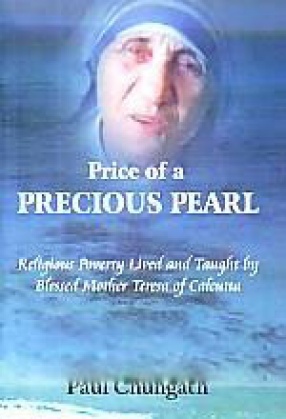
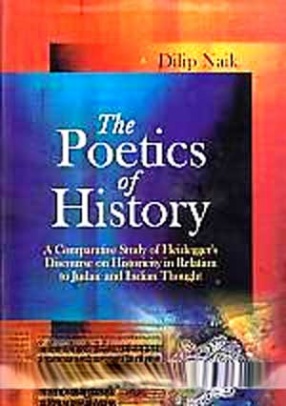
There are no reviews yet.